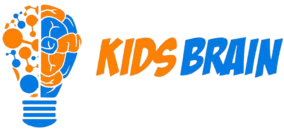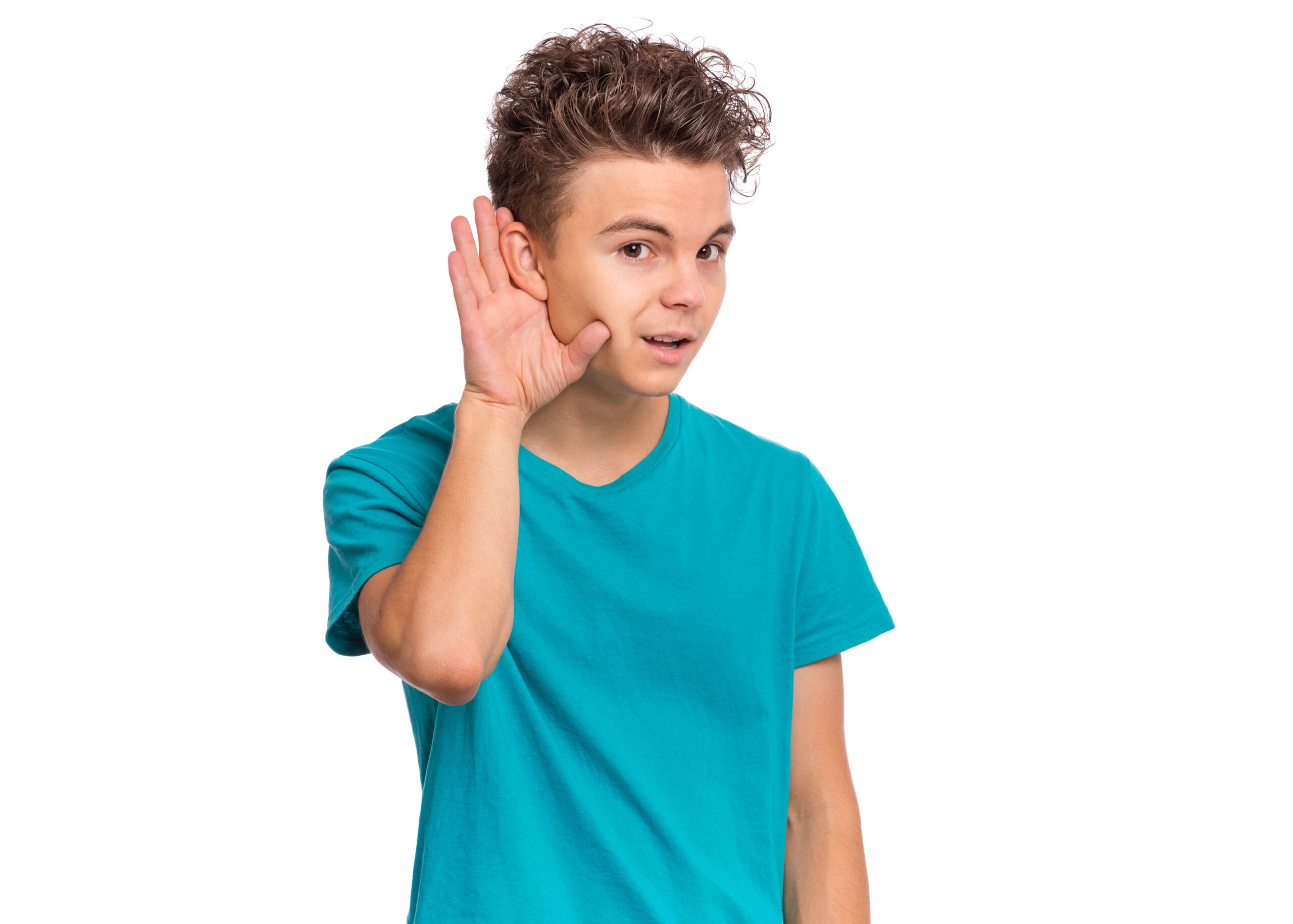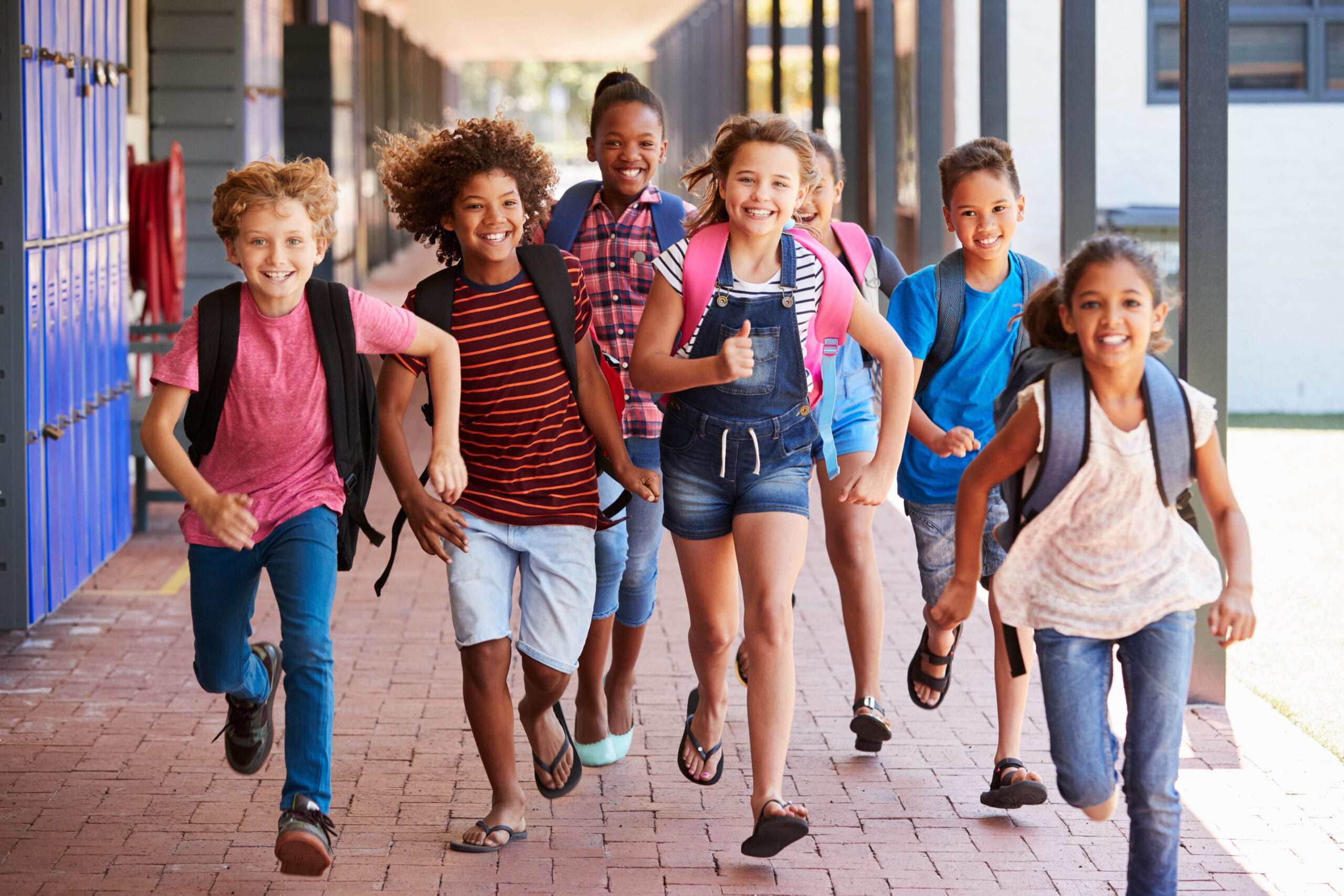
Kids BRAIN provides services to kids, all types of kids. Most of that time is spent working with children who are at-risk of having neurological, developmental, attention, learning, and/or emotional struggles. As the owner, I talk with each family myself before we decide on the best service for our Kids BRAIN kids. I get A LOT of calls from parents who just aren’t sure whether they need a full (expensive) evaluation. Like most people, the parents that reach out for guidance don’t always have a comfortable understanding of what a child should/could do at a specific age or whether what they are observing is actually “a thing.” Even worse, as a society, we have all spent almost 18 months observing COVID restrictions to some extent.
For our older kids, this has meant time away from peers and less contact with friends and teachers in school. For babies, this may mean that they have spent their ENTIRE life only interacting with their immediate family members. There are a range of motor, cognitive, language, and social/emotional gains that are made in infancy and toddlerhood. These early gains are necessary as building blocks for growth as the child gets older. Lots of parents have voiced concerns that their child may not be making these gains as they should. We have decided to meet parents where their questions start; BEFORE a full evaluation is needed. Kids BRAIN will now be offering developmental screenings for children from birth to 5 years of age. Not sure if your child is making gains like they should be? Worried that you don’t know the right ways to help your child grow and thrive? Never fear, Kids BRAIN is here. After screening, parents receive feedback on developmental status and if needed, a plan to support developmental growth is offered and parent training provided. Below, see a sampling of the cognitive and social/emotional skills that kids ages 6-9 months old should be able to do. If your child appears to be lagging behind or you are not sure whether you have the ability to support your child’s developmental growth, call us (we can help, seriously). www.kidsbrainllc.com or 214-360-9044
SOCIAL/EMOTIONAL
-Looks back and forth between toy and adult while playing
-Reaches out to touch another person
-Responds differently to caregiver and strangers, may become clingy with familiar adults
-Turns and looks when name is called
-Recognizes self in mirror
-Expresses distinct emotions, such as fear, sadness, anger, excitement
-Seeks reassurance from caregivers, for example starts to crawl and often “checks back” with caregiver
COGNITIVE
-Explores objects by visually inspecting them, turning them around, feeling all surfaces, shaking, and dropping them
-Begins to repeat actions to get an effect
-Searches for partially hidden objects




